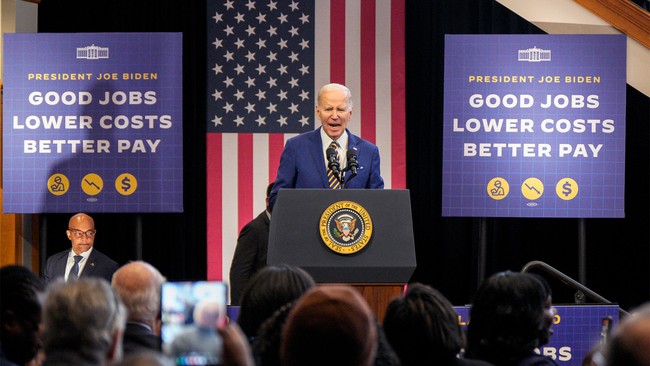I see this kind of thing a lot in my Youtube feed, because I watch financial stuff.. so these things show up a lot.
And it is almost always sponsored by Fidelity or another retirement custodian company.
Because they want as much of your money as you can possibly give them.
If people needed $1 million to retire - screw that - if people needed $500,000 to retire - NO ONE WOULD BE RETIRED.
The average net worth of people in America at age 64, removing the lowest 5% and the top 5% - is only about $200,000. And that includes the value of their home.. which for far too many people - that IS all the value they have.
So if you needed that much money - they would all still be working.
Even more absurd is companies like Fidelity tell 30 year olds - who are just starting out with children etc. - that they should have at least $50,000 in retirement savings. By 35 years old - $200,000. GTFO. No one is going to be able to do that.
My rant for the day
And it is almost always sponsored by Fidelity or another retirement custodian company.
Because they want as much of your money as you can possibly give them.
If people needed $1 million to retire - screw that - if people needed $500,000 to retire - NO ONE WOULD BE RETIRED.
The average net worth of people in America at age 64, removing the lowest 5% and the top 5% - is only about $200,000. And that includes the value of their home.. which for far too many people - that IS all the value they have.
So if you needed that much money - they would all still be working.
Even more absurd is companies like Fidelity tell 30 year olds - who are just starting out with children etc. - that they should have at least $50,000 in retirement savings. By 35 years old - $200,000. GTFO. No one is going to be able to do that.
My rant for the day


